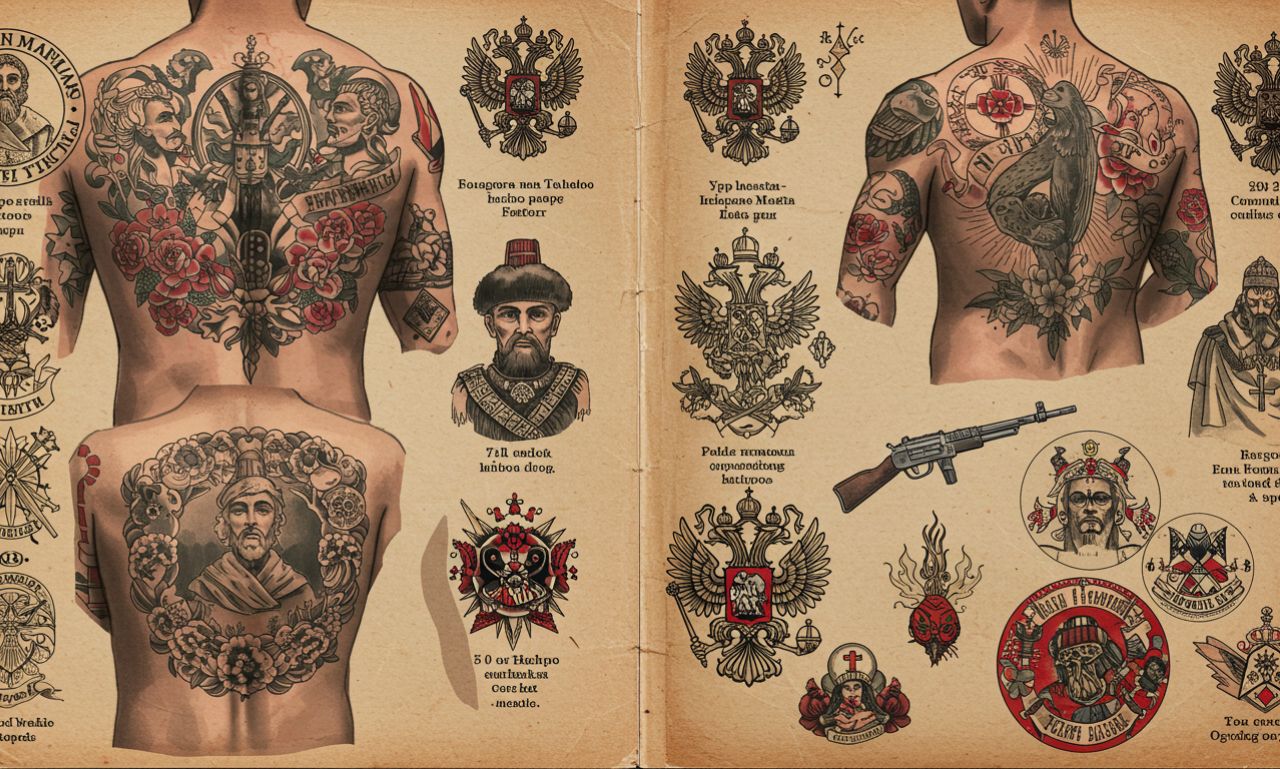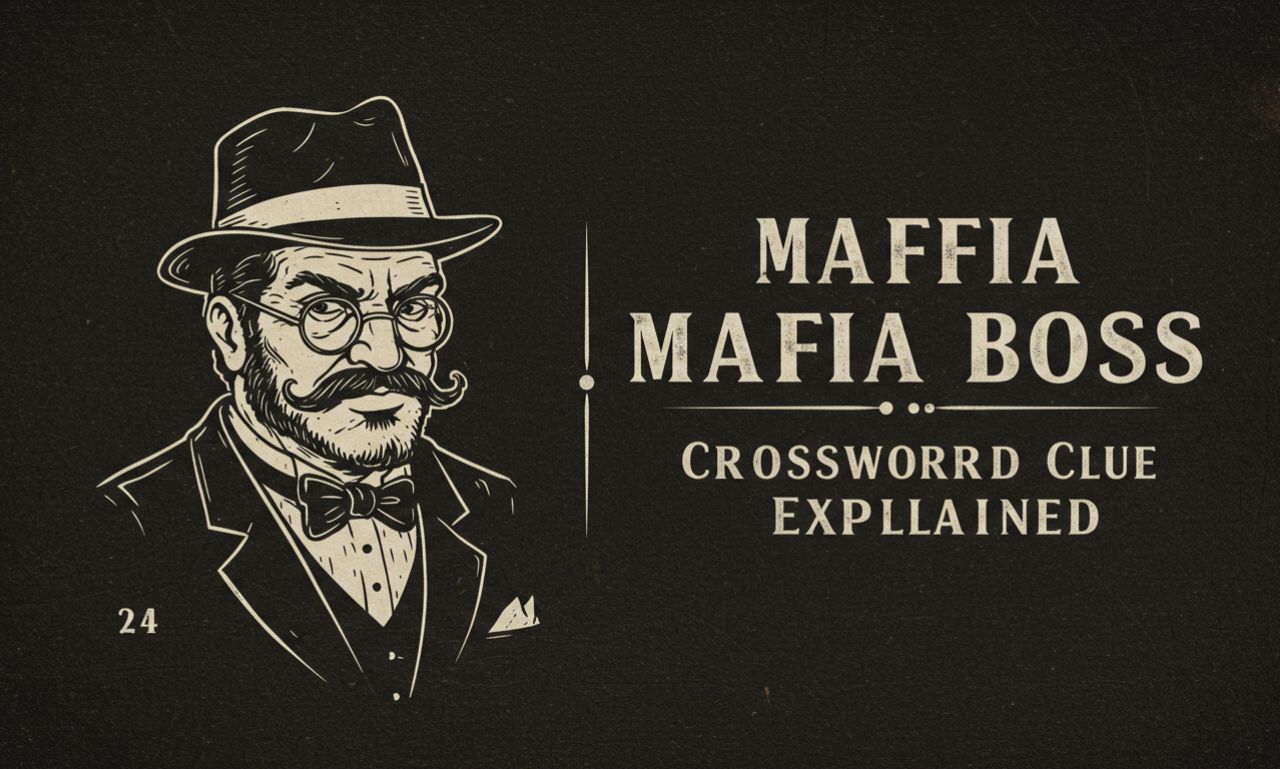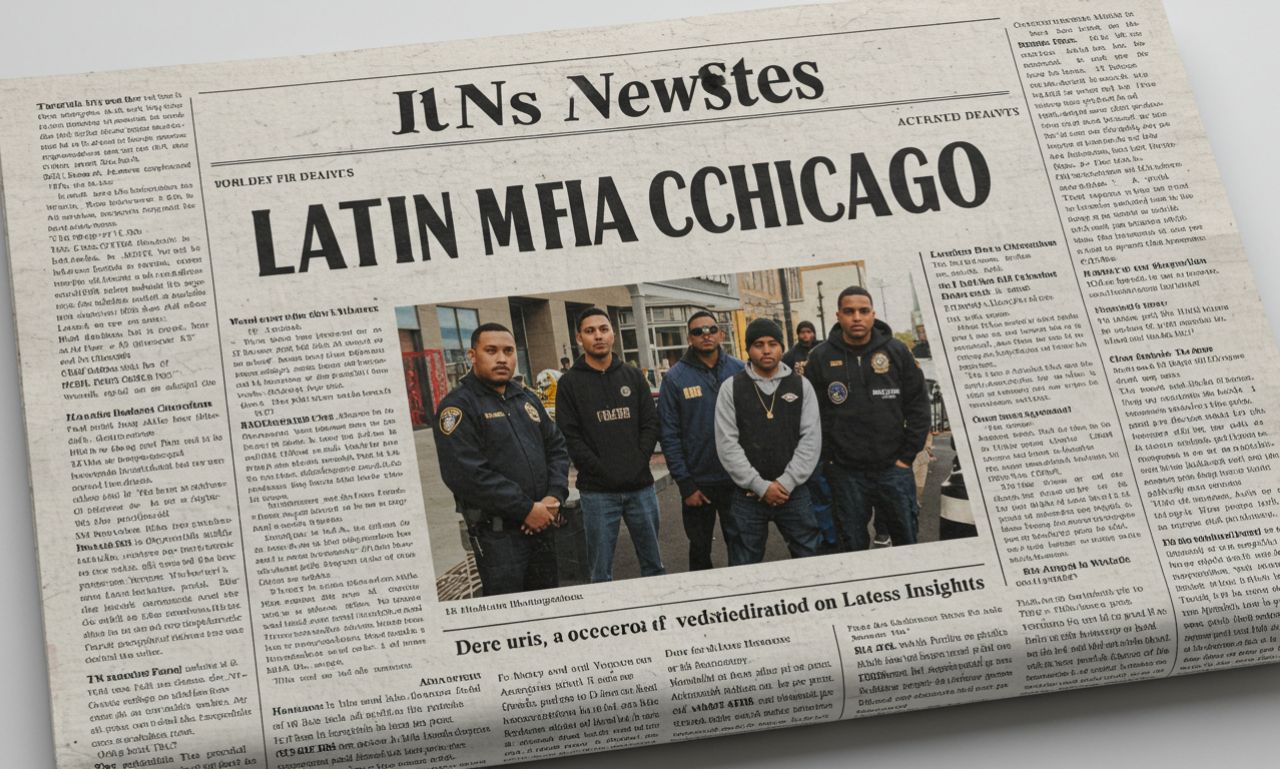Closed Room Mafia is an engaging party game built around social deduction, secrets, and hidden roles. Players sit in a circle—either literally in a closed room or virtually through online platforms—and assume secret roles such as Mafia, Villager, or Detective. The objective is simple: the Mafia must secretly eliminate the villagers, while the villagers must work together to uncover and remove the Mafia before it’s too late. Its unique mix of strategy, deception, and collaboration makes it one of the most popular group games worldwide.
The Origins of Closed Room Mafia
The origins of the game date back to the 1980s, when Dmitry Davidoff, a psychology student in Russia, created the original “Mafia” game to explore human behavior in groups. Over the years, the concept evolved into different versions, including Closed Room Mafia, which emphasizes suspense and face-to-face interaction. Unlike casual versions, Clos-ed Room Mafia thrives on intensity, where every player’s expression, hesitation, or argument can change the outcome.
How Closed Room Mafia Works
The game is typically played in groups of 6 to 20 players. A moderator is selected to guide the game, while the others receive secret roles. These include:
-
Mafia Members – The hidden villains who eliminate others at night.
-
Villagers – Innocent players who must identify the Mafia.
-
Detective/Seer – A player with investigative powers to uncover identities.
-
Doctor/Healer – Can save a player from being eliminated.
Each round consists of two phases: night (where Mafia secretly act) and day (where discussions and accusations happen). The balance of secrecy and public debate creates the heart-pounding tension that makes Closed Room Mafia so addictive.
Why People Love Closed Room Mafia
Clos-ed Room Mafia appeals to players because it combines:
-
Deception – Mafia members must lie convincingly to survive.
-
Deduction – Villagers analyze behavior to expose Mafia.
-
Drama – Every round feels like a mystery novel unfolding.
-
Teamwork – Success depends on collaboration and persuasion.
It’s not just a game—it’s a psychological battle where communication skills, intuition, and quick thinking shine.
Closed Room Mafia vs. Traditional Mafia
While both versions share the same foundation, Clos-ed Room Mafia often differs in:
-
Environment – Played in confined spaces to increase intensity.
-
Rules – Emphasis on structured discussion phases.
-
Atmosphere – Greater focus on secrecy and suspense.
-
Customization – Players often add roles like “Jester” or “Bodyguard.”
The closed setting amplifies the tension, making the game feel more immersive than casual adaptations.
Skills Developed in Closed Room Mafia
Players sharpen a variety of life skills, including:
-
Critical Thinking – Analyzing arguments and inconsistencies.
-
Public Speaking – Persuading others to trust or suspect.
-
Emotional Control – Maintaining composure while hiding secrets.
-
Team Dynamics – Building alliances and reading group behavior.
These skills make the game not only entertaining but also educational.
Closed Room Mafia in Online Communities
With the rise of digital platforms, Clos-ed Room Mafia found a new home online. Apps, video calls, and gaming servers now allow players to enjoy the game virtually. Online versions often add features like chat logs, voting systems, and role randomizers, creating a seamless experience. Despite being virtual, the same principles of secrecy and deduction drive the gameplay.
Why Closed Room Mafia Works in Social Gatherings
Clos-ed Room Mafia has become a favorite activity for parties, retreats, and classroom settings. Its flexibility allows it to adapt to groups of different sizes and ages. The combination of laughter, arguments, and suspense makes it an excellent icebreaker and bonding experience.
Psychology Behind Closed Room Mafia
The psychology of the game lies in how people behave under suspicion. Mafia members experience the pressure of lying, while villagers grapple with paranoia. This creates a real-world study of trust, betrayal, and manipulation—all within a fun, controlled environment.
Variations of Closed Room Mafia
Some common variations include:
-
Classic Version – Basic roles of Mafia, Villagers, and Detective.
-
Extended Roles – Adding healers, jesters, or traitors.
-
Themed Mafia – Adapting roles to movies, books, or fantasy settings.
-
Speed Mafia – Faster rounds with time-limited debates.
These variations keep the game fresh and adaptable for any group.
Tips for Winning as Mafia
-
Blend in by acting like a villager.
-
Avoid over-defensiveness; subtlety works best.
-
Create believable alliances.
-
Plant doubt without being obvious.
Tips for Winning as Villagers
-
Observe closely—tone, timing, and expressions reveal a lot.
-
Trust patterns, not emotions.
-
Use logic in accusations.
-
Collaborate instead of arguing endlessly.
Closed Room Mafia in Pop Culture
Clos-ed Room Mafia has inspired video games, apps, and even TV shows. Its influence can be seen in games like Among Us, which adopts the same deception and deduction principles in a digital format. This crossover into mainstream culture has boosted the game’s popularity among younger generations.
Educational Uses of Closed Room Mafia
Teachers and trainers sometimes use Clos-ed Room Mafia to:
-
Encourage teamwork in classrooms.
-
Improve communication skills.
-
Teach logic, reasoning, and problem-solving.
-
Study group dynamics in psychology experiments.
Challenges of Playing Closed Room Mafia
While entertaining, the game does have challenges:
-
Conflict Risk – Heated debates can sometimes get personal.
-
Moderator Dependence – A good moderator is crucial.
-
Time Consumption – Games can last longer than expected.
-
Skill Gap – Experienced players may dominate beginners.
How to Moderate Closed Room Mafia
The moderator’s role includes:
-
Assigning roles fairly.
-
Keeping track of game flow.
-
Ensuring rules are followed.
-
Maintaining balance between Mafia and villagers.
A skilled moderator enhances the overall experience.
Clos-ed Room Mafia in the Future
As gaming culture evolves, Clos-ed Room Mafia is expected to continue growing, especially in hybrid settings—where players combine in-person interaction with digital tools. The timeless appeal of secrets, strategy, and survival ensures that the game will remain a favorite for generations.
Conclusion
Clos-ed Room Mafia is more than just a game—it’s an experience of strategy, deception, and human psychology. Its adaptability, whether in person or online, makes it timeless. From parties to classrooms, from professional studies to pop culture, it continues to engage and challenge people of all ages.




